The UNBC-Northern Health ‘Ecohealth and Watersheds’ Knowledge to Action (KTA) Project is a collaborative initiative that aims to strengthen capacity for intersectoral action by focusing on integrated water governance as a means to improve the social and environmental determinants of health in northern BC. The project was supported by the CIHR Knowledge Translation Branch, through a "Knowledge to Action" Operating Grant.
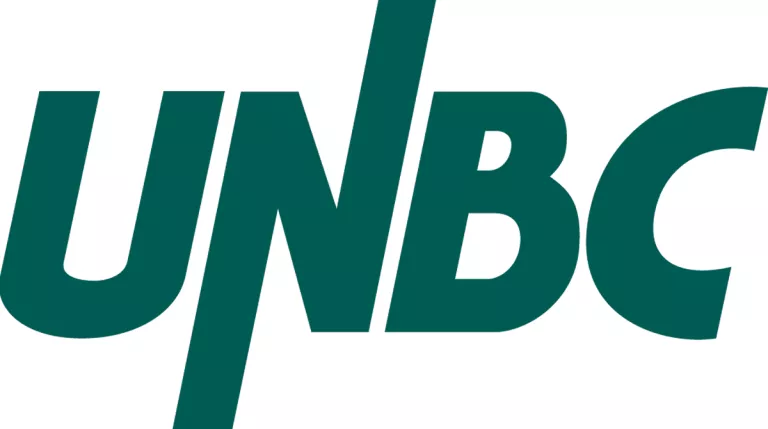
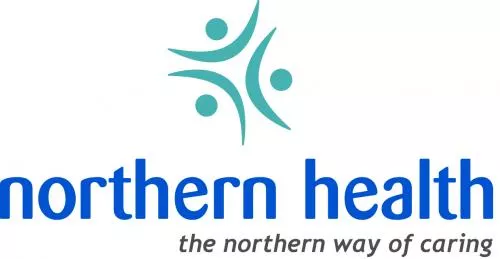
A Northern BC focus on ‘Ecohealth & Watersheds’ adds to Canadian and global efforts
The theme of ‘Ecohealth & Watersheds’ has gained increased attention from researchers, watershed groups, and policy makers who share interest in the re-integration of public health priorities with water resources management. Converging health impacts from socio-economic, environmental and demographic change in northern, rural, and remote communities of BC demand collaboration in order to optimise limited resources. Within watersheds, issues of concern range from the sources, supply and safety of drinking water, to the role of water resources as a foundation for sustaining livelihoods, food security, economies and cultural values.
The project began in 2011, with funding support from the Canadian Institute for Health Research, with the aim of establishing a ‘knowledge to action’ partnership among UNBC, Northern Health, government agencies, NGO’s and community groups across Northern BC with a focus on “Improving social and environmental determinants of health through integrated water governance”. Specific priority areas for action were:
- Exchange knowledge and best practices for integrated watershed governance that optimize health, socio-economic and environmental benefits, and facilitate engagement of relevant sectors, disciplines and non-government leaders in water and health governance in Northern BC;
- Examine opportunities and barriers for Health Authorities to enhance population health and health protection programs through participation and collaboration in intersectoral watershed governance;
- Collectively develop, apply, and evaluate place-based intersectoral policies, focused on integrated watershed governance as a vehicle to improve social and environmental determinants of health.
Project Phases:
Phase I: Tools for Integration
In the first phase of the project we learned that complex health and sustainability issues demand new approaches to knowledge generation that prioritise integration of multiple knowledges - traversing disciplinary, sectoral and cultural divides. The project Steering Committee identified a strong interest in learning about ‘tools for integration’ to facilitate, understand and respond to the interactions among health, environment and community concerns in watersheds. These ‘tools for Integration’ became the focus of a series of ‘knowledge to action’ activities, with Steering Committee and other project partners. Highlights included:
* Rich Picture Mapping exercise, exploring EcoHealth & Watersheds Connections (with Steering Committee)
* 'Knowledge to Action' Workshop focused on linking Spatially Referenced Information, entitled: “Health, environment, and community information in watersheds: Making the connections through maps and spatial tools” (held in Vanderhoof, BC)
* Northern Health Position Paper, entitled: “Environment as a Context for Health” with explicit profiling of this projects activities/partnerships (shared with national/international audiences)
* Knowledge to Action Forum, entitled: “Health, environment, and community: Integrating existing knowledge for enhanced watershed governance” (Prince George, BC)
* Knowledge to Action workshop, entitled: Linking Health, Environment & Community Watersheds: Making connections through indicators & integrated frameworks (Prince George)
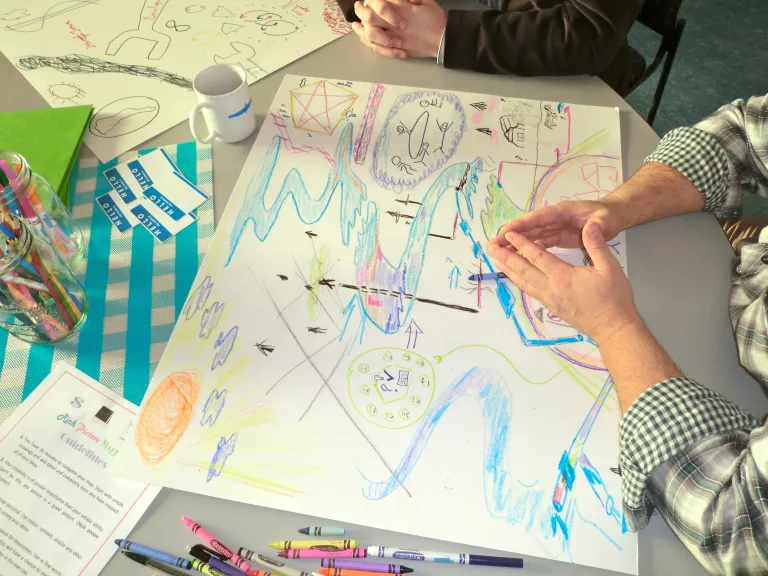
Phase 2: Gathering Stories
Informed by these workshops, and driven by our watershed partners' desire to communicate and facilitate knowledge exchange of lessons and insights with users beyond the team and region, the next phase of work profiled the development of ‘ecohealth & watershed profiles’ to share and explore health, environment and community connections with three Watershed Partners. Key highlights included:
* New Media Workshop (March 27-28, 2013): This workshop aimed to build capacity for critical understanding regarding the use of different forms of new media to tell ‘integrated stories’. Examples profiled include digital storytelling, social media & web/map-based tools.
The Watershed Partners became more familiar with ‘new’ media for the purposes of knowledge exchange, “telling a story”, integration and communication, to inform the profile development.
* Informal Interviews (May 2013): We informally interviewed and began conversations with the KTA watershed partners to capture their preferences, ideas and stories in relation to profiling each watershed case study.
* Developed Digital Stories (Summer 2013): Guided by insights from the interviews, the research team worked with the watershed partners to develop digital stories in their watersheds.
Phase 3: Profiling
In Fall 2013, we launched the ‘ecohealth & watershed digital stories’ . Related follow-up and activities will include exit interviews with all Steering Committee members; integration of project documents, archives and reports through ‘ecohealth & watersheds portal’; final project meetings and transitional events/activities.
Recent Work Related to the Project is Profiled on the Ecohealth Knowledge to Action Research Team Website
* Health, Environment & Community- Digital Storytelling Project
The creation of the Digital Stories enabled Steering Committee Members to share both their stories and experiences within the 'EcoHealth & Watersheds' project, and their perspectives on place-based intersections of health, environment, and community.
Link to Digital Stories
Acknowledgements:
We would like to gratefully acknowledge the Steering Committee members for their invaluable work with this project:
- Former Co-chair: Dr. Ronald Chapman
- Current Co-chairs: Dr. Margot Parkes, UNBC & Dr. David Bowering, Northern Health
- Angela Wheeler, Northern Health
- Chelton van Geloven, Ministry of Forests, Lands and Natural Resource Operations
- Luck Beck, Northern Health
- Phil Owens, UNBC
- Reg Whiten, InterraPlan Inc.
- Sandra Harris, Wet'suwet'en Nation
- Scott Emmons, UNBC
- Stephen Déry, UNBC
- Terry Robert, Fraser Basin Council, First Nations Fisheries Council
- Wayne Salewski, NEWSS
- Past Steering Committee Members include: Julie Kerr, formerly of Northern Health
The 'EcoHealth & Watersheds' Project has received funding from:
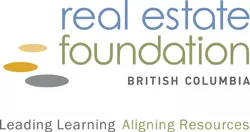
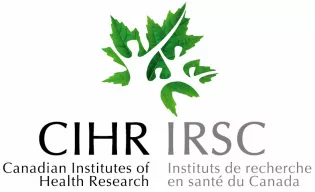
Project Documents:
• Executive Summary of the June 1-3, 2011 Project Launch and Planning Meeting
• Info Sheet: March 20-21, 2012, Health, environments and community information in watersheds: Making the connections through maps and spatial tools, Vanderhoof, BC
• Northern Health Position Paper on the Environment as a Context for Health
• Poster: October 2, 2012, Research Update: Environment and Health in the Nechako & Fraser Watersheds
• Executive Summary of the June 18-19, 2013, Indicators Working Meeting